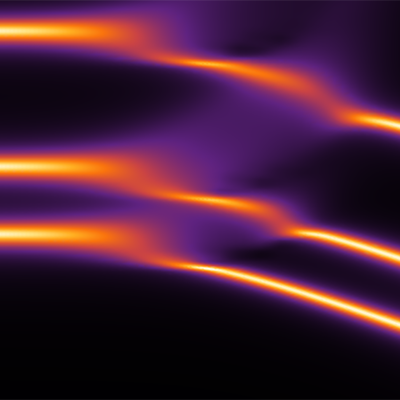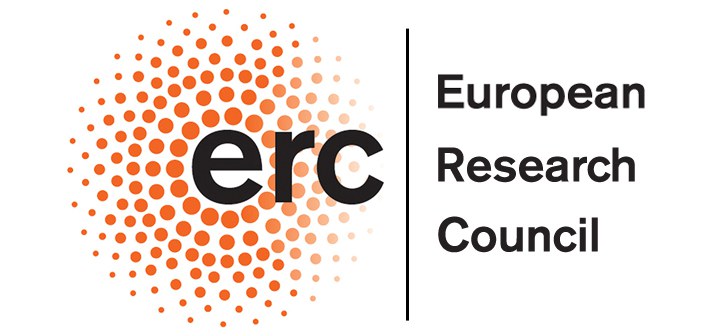“…bis auf seinen Akzent”
Recent dossier of the Austrian Presse Agentur “Zum Forschen Berufen” (in German) focuses on the life of scientists in modern academia.
The dossier features opinions of 13 Austrian scientists in the form of interviews and commentaries.
One of them was Misha Lemeshko with a guest commentary “…bis auf seinen Akzent” (in German)


